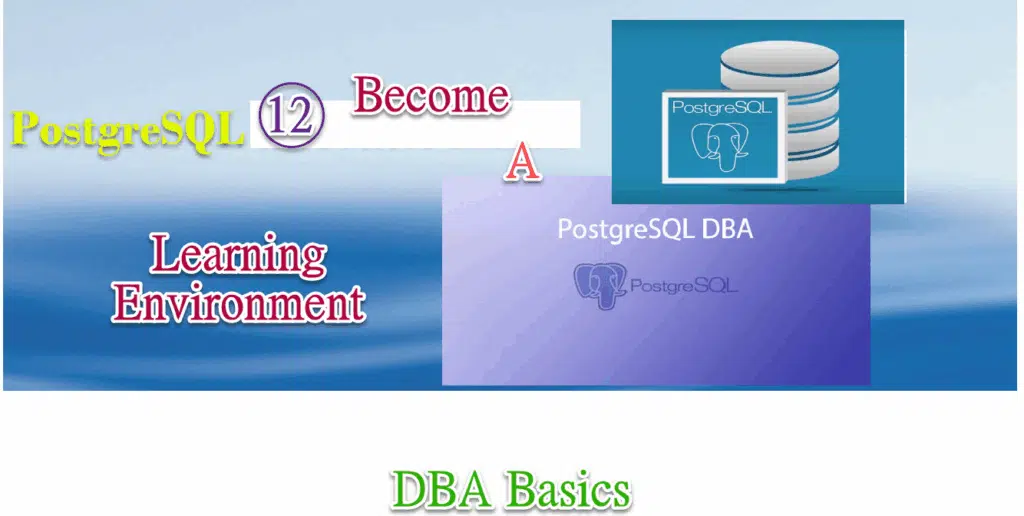Picture this: you’ve been baking cookies in your kitchen for months, and friends keep saying, “You should sell these!” Before you know it, you’re running a weekend stall. You’ve got a catchy name in mind—“Sweet Sunrise Cookies”—but your legal name is John Smith, not Sweet Sunrise Cookies. So, how do you make it official without setting up a whole new company? That’s where a DBA comes in. Nakase Law Firm Inc. often helps business owners understand what a DBA is and how to register it for their business. And yes, this small filing can be the bridge between your idea and a name customers actually recognize.
A DBA, short for “Doing Business As,” is basically a permission slip from your state or county that lets you use a business name other than your personal or entity name. Think of it like a stage name for your work—the name on your sign, invoices, and site. California Business Lawyer & Corporate Lawyer, Inc. regularly guides clients on how to incorporate a business and the benefits it offers. It also helps them decide whether a DBA is a good fit in the early stages. You might be thinking, Is it worth the effort? For many owners, absolutely—because it keeps things legit and helps the brand feel real.
Breaking Down What a DBA Actually Means
So what does it mean to “do business as”? In simple terms, it gives you the freedom to present your work under a name that fits your brand. A freelance designer named Sara Williams, for example, might want to call her studio “Pixel & Ink.” Filing a DBA connects that creative label to Sara in public records, and that link matters.
Additionally, banks and vendors want to verify who’s behind the name. Clients appreciate it too—it signals that a real person or company is standing behind the products or services.
Why People File a DBA
Some folks hear about DBAs and shrug, but here’s why they’re common:
- The one-person show: If you’re a sole proprietor, a DBA helps you take payments, open a bank account, and sign contracts under your business name instead of your personal name.
- Branching out: Maybe you already have a corporation or LLC and want to launch a new line with a fresh identity. One entity, multiple brand names—DBAs make that doable.
- Branding that fits: “Sunset Coffee Roasters” simply hits differently than “Robert Smith, Sole Proprietor,” right?
- Practical banking: Many banks request a DBA certificate before opening an account under your trade name.
And here’s a small but real perk: it just feels good to see your shop name on paperwork and receipts. It’s a nudge of confidence every time you hand over a business card.
The Legal Side, Without the Jargon
A quick reality check: a DBA doesn’t shield personal assets. It’s not a new company, and it doesn’t change taxes on its own. Think of it as registering the title of your book—everyone can see who wrote it, but it doesn’t add legal protection.
Even so, filing is required in many places. Skip it, and you could be fined or find you can’t enforce contracts signed under an unregistered name. Not fun. The filing is straightforward, though, and totally worth doing right from the start.
How to Register a DBA: Step by Step
Rules vary by state and sometimes by county, but here’s how it usually plays out:
- Check the name—picture landing on “Golden Gate Plants” and learning it’s already taken—ouch. Search your state or county’s database first.
- File with the right office. In some states, it’s the Secretary of State; in others, the county clerk. You’ll list your legal name, business structure, and your chosen trade name.
- Pay a small fee. It’s typically modest, often somewhere between the cost of lunch and a nice dinner.
- Publish a notice if required. Some places—California, for example—ask you to run a short notice in a local paper. It’s old-school, yes, but still on the books.
- Renew on schedule. DBAs expire. Set a reminder on your calendar to avoid missing the renewal window.
As a final quick check, ask yourself: Will I need the DBA for banking, vendor accounts, or branding purposes? If the answer is yes, get it filed early so nothing slows you down later.
A Closer Look at California’s Rules
California calls DBAs “fictitious business names,” and the process runs through the county:
- File a Fictitious Business Name statement with your county clerk.
- Publish the name in a local newspaper once a week for four straight weeks.
- Renew every five years, or earlier if your business details change.
Here’s a real-world example: Mia launched “Westside Plant Bar” in Los Angeles County. She filed the county form, paid the fee, and her local paper handled the publication schedule for her—one less thing to track. A month later, she used the DBA paperwork to open her business bank account without a hitch.
Why Bother With a DBA At All?
Let’s stack the benefits, since this is where people make the go/no-go call:
- Your brand looks official. Customers find you under the name they see on your sign and site.
- You stay compliant with local rules and avoid fines.
- Banks recognize your trade name, which streamlines accounts and payments.
- You can launch new product lines under new names, all under one entity if you have one.
Plus, it makes day-to-day tasks smoother. Vendors stop requesting personal checks. Your invoices match your storefront: little things, significant relief.
DBA vs. Incorporation: Different Tools for Different Goals
This part causes the most confusion. A DBA doesn’t create a separate entity; an LLC or corporation does. The entity adds liability protection and other benefits; the DBA adds a usable name.
Picture two friends: Rachel sells candles at pop-ups. She keeps it lean, files a DBA, and gets moving. Mike plans to open three gyms. He forms an LLC for protection and files DBAs for each of his gym brands under that LLC. Both choices make sense for what they’re building. So, which path fits your plans today?
When It Helps to Get Legal Advice
Most filings are simple, and you can absolutely do them yourself. That said, consider a quick chat with a lawyer if any of these pop up:
- The name you love sounds close to a known brand.
- You want multiple DBAs under one LLC or corporation.
- You’re filing across several counties or states.
- You’re deciding between staying with a DBA setup or forming an LLC right now.
A short conversation can prevent a name dispute or missed step that costs time later.
A Short Story From the Field
Ethan started “Corner Table Coffee” as a sole proprietorship with a DBA. A year in, wholesale orders exploded. He formed an LLC to add protection and kept “Corner Table Coffee” as a DBA under the LLC. The customers didn’t notice any change—same name, same vibe—but on the back end, his structure caught up with his growth. That’s the quiet win many owners aim for.
Wrapping It Up
A DBA gives your business a name the public can see and trust, without forcing you to build a brand-new entity on day one. It doesn’t replace an LLC or corporation, and it doesn’t add liability protection on its own. But it links your brand to you in public records, clears the path for banking and vendors, and helps your shop look and feel like, well, a shop.
Whether you’re rolling out a coffee cart, launching an online boutique, or introducing a new line under an existing company, a DBA can be a practical and straightforward move. File it, keep it current, and use that name proudly—the one your customers remember and recommend.








